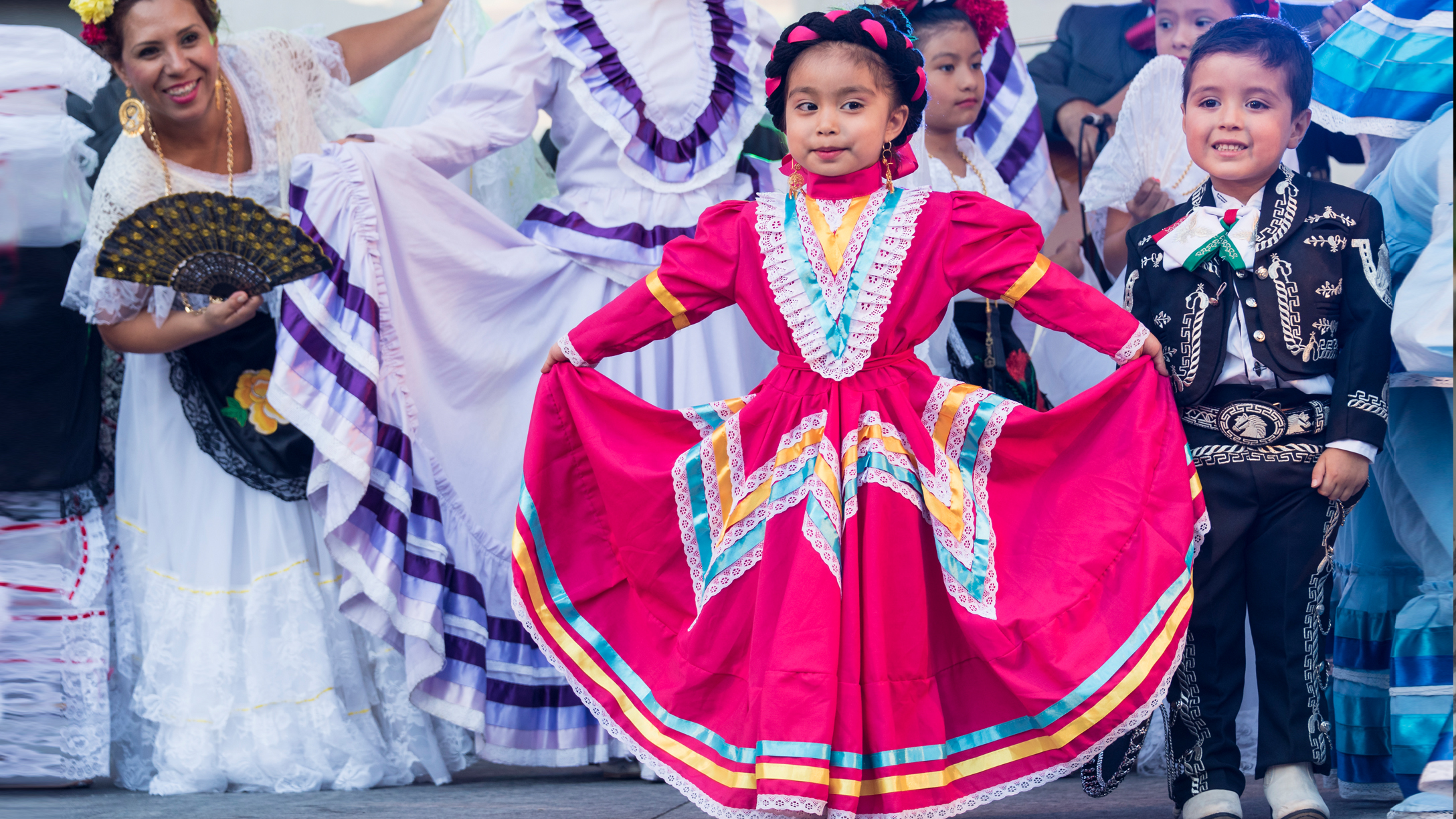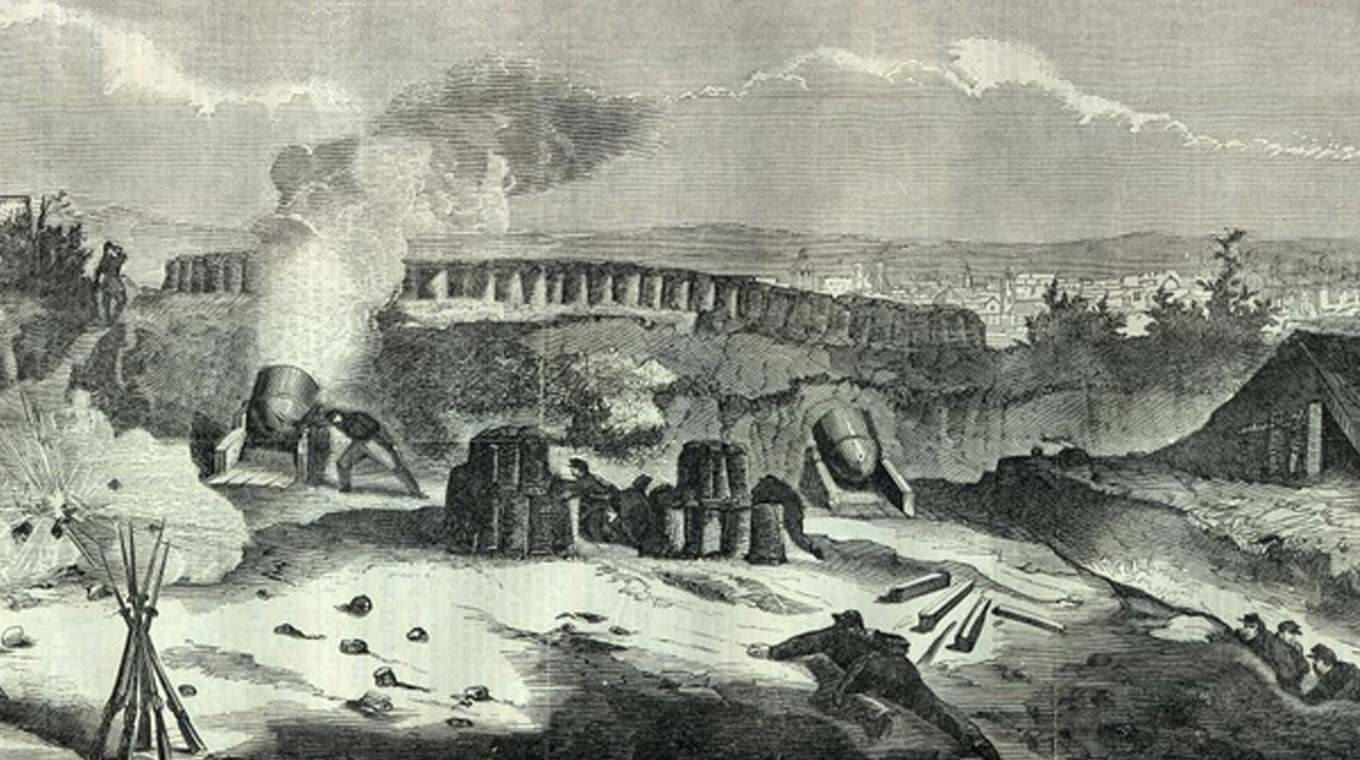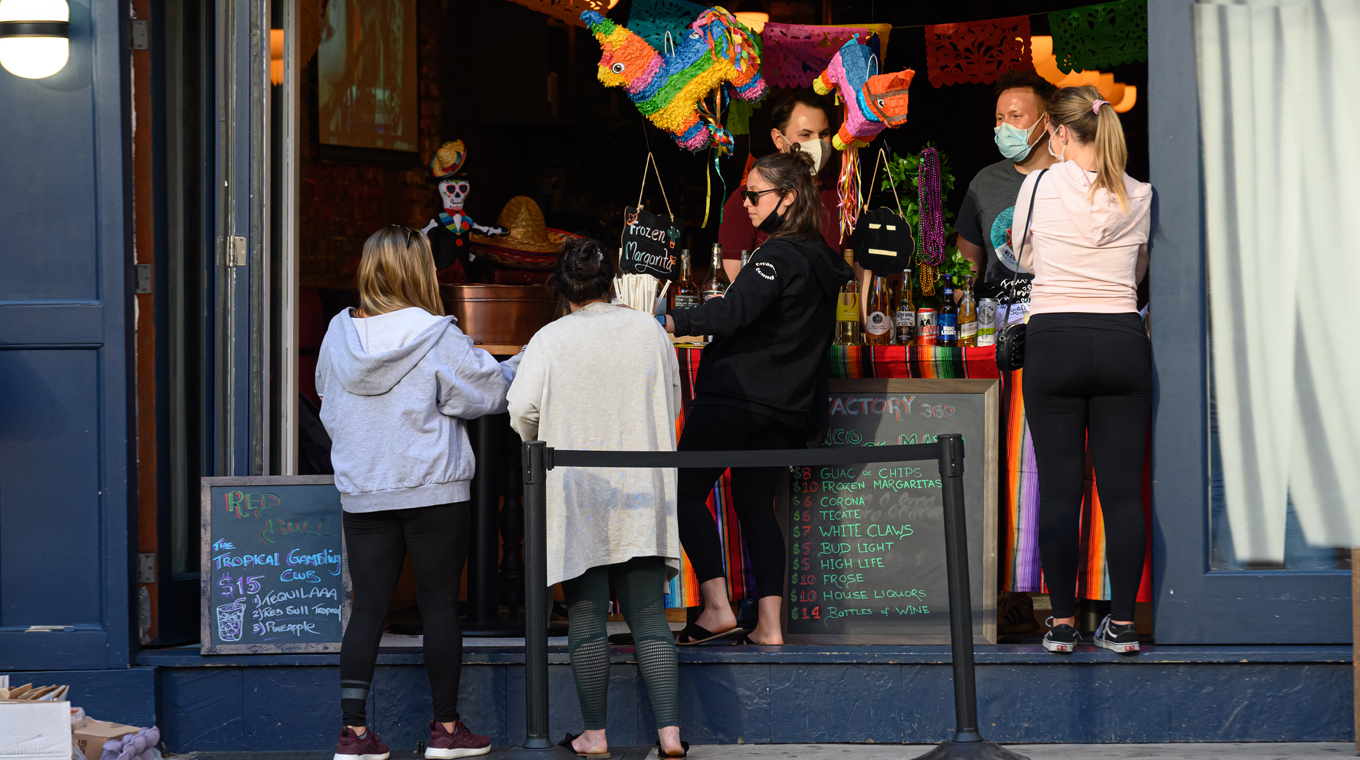
In this article
Many Americans celebrate Cinco de Mayo every year by going to a party or festival or having tacos and margaritas at a bar. But how many of us know the meaning behind the date? And more importantly, how many of us celebrate Cinco de Mayo in an appropriate way without furthering harmful stereotypes and participating in race appropriation? Hint: it’s not by putting on a fake mustache and calling it “Drinko de Mayo."
What is Cinco de Mayo?

Let’s first dispel the misconception that Cinco de Mayo is Mexican Independence Day. Mexicans celebrate their independence from Spain in 1810 every year on September 16th.
May 5, 1862 is the date that a small, ragtag Mexican army took on the mighty French in the Battle of Puebla. After years of political problems, Mexico was in debt to France so Napolean III sent 6,000 troops to conquer the territory and oust Mexican President Benito Juárez.
Juárez got wind of the attack and put together a volunteer army to defend the country in the town of Puebla. Although the Mexicans had less firepower and were vastly outnumbered 3 to 1, it didn’t matter. After one day of fighting, the French had lost hundreds of soldiers and retreated. It became a huge symbolic victory for Mexico even though the French won a second battle in Puebla a year later.
“You shouldn't celebrate (Cinco de Mayo) as a way to honor Mexico,” said Marissa López, UCLA Professor of Chicana/o/x Studies and creator of Picturing Mexican America, a project that works to uncover the Mexican history of Los Angeles, and mother of two. “Really nobody celebrates it in Mexico outside of Puebla; it just stirs up the painful history of when Europe tried to colonize Mexico AGAIN. In Mexico they think it's weird that we 'celebrate' it in the U.S.”
Why do we celebrate Cinco de Mayo?

But we do celebrate Cinco de Mayo in the U.S. and it’s just gotten more popular over the years. Why is that? Americans love Mexican culture — and what’s not to love? It’s a beautiful country with excellent food and awesome music — and even though they may not understand what the holiday is about, it took off in the US even though it’s not a thing in Mexico.
Cities like Los Angeles, Chicago and New York celebrate Cinco de Mayo with annual parades (in non-COVID times) and across the country, restaurants go all out with special menus and drink specials. In schools, kids learn crafts, dances and songs.
How to celebrate Cinco de Mayo virtually, in person, at home and in a culturally sensitive way

I don’t know how many times I’ve been out on Cinco de Mayo or seen an advertisement or a social media post about the holiday and cringed. There are many ways to celebrate without being racist or culturally insensitive. Here are a few ideas:
- Don’t celebrate Cinco de Mayo in a way that offends or marginalizes Mexican Americans. That means don’t put on brown face makeup, wear a sombrero or a folklorico dress, or start talking with a Spanish accent.
- Support Mexican and Mexican American businesses. If you decide to go out to a restaurant or bar or get takeout for your family, try to support a Mexican-owned business. Look for authentic Mexican food and encourage your kids to try a new dish.
- Make a Mexican dish at home with kids. Silvia at Mamá Latina Tips has some great recipes that you can make as a family including Easy Chipotle Black Bean Tortas, Mexican Caramel Atole (a warm drink with milk and cinnamon), and Tres Leches Cake.
- Look for a virtual activity or event. Many cities, like Detroit, are having virtual festivals with entertainment. In Phoenix, the 28th annual Cinco de Mayo event was replaced with a Cinco de Mayo Vaccination event where participants can sign up for a vaccination appointment all day. And in Dallas, families can watch ballet folklorico dances in 5 parks and rec centers around the city from their car at a Drive-in event called 5 de Parques.
- Learn the real history of Cinco de Mayo and what the Battle of Puebla meant for the United States at the time. “You can tell your kids that on Cinco de Mayo we should be grateful to Mexico for defeating the French, because if they hadn't, the U.S. Civil War might have ended differently,” Professor López said. “The Mexican defeat of the French at Puebla helped cut off a vital supply chain to the Confederacy at a crucial point in the war and helped the Union win. The French were eager to aid the Confederacy, split the Union, and establish a merchant presence on the west coast.”




